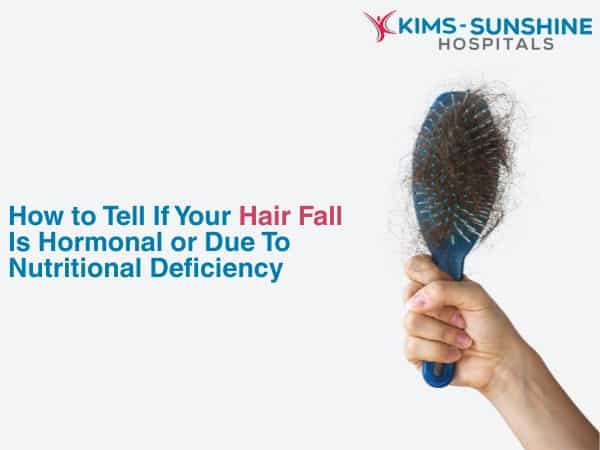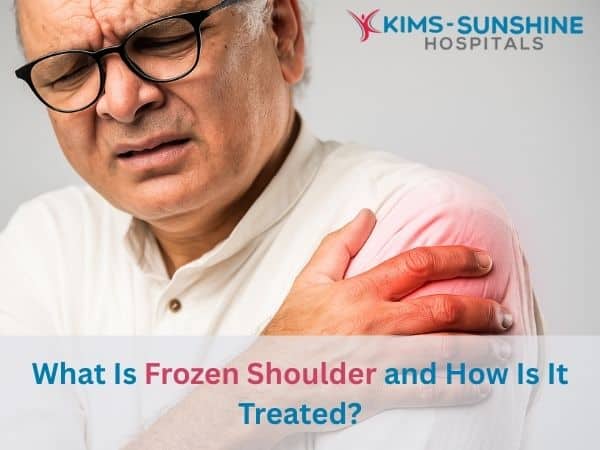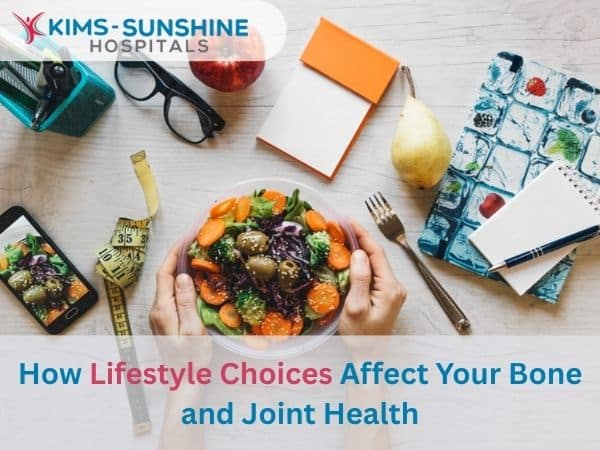
How to Tell If Your Hair Fall Is Hormonal or Due To Nutritional Deficiency
 Hair loss can be caused due to a variety of reasons and as such, can affect any individual. While some well known causes that can aggravate or cause hair fall are known- like exposure to sunlight, styling hair too much and using wrong products, hormonal changes and dietary issues, it is not well known that hair is supposed to fall everyday. Only when the number is much higher than the normal standard, should you start worrying. Hair loss is described as such when someone loses more than 150 strands a day, give or take.
Hair loss can be caused due to a variety of reasons and as such, can affect any individual. While some well known causes that can aggravate or cause hair fall are known- like exposure to sunlight, styling hair too much and using wrong products, hormonal changes and dietary issues, it is not well known that hair is supposed to fall everyday. Only when the number is much higher than the normal standard, should you start worrying. Hair loss is described as such when someone loses more than 150 strands a day, give or take.
Signs Your Hair Loss Is Caused By Hormones Or Diet-
There exists a proper link between making wrong dietary choices and suffering from hair loss caused by those very deficiencies. There are other instances where hair loss can occur due to factors beyond our control. Let us look at signs that point to both these cases, below-
Diet related hair loss signs include the following-
- Balding or alopecia can occur at a higher rate if you are deficient in Vitamins D, B12, B9, iron, zinc, magnesium etc. This is because these vitamins and minerals help hair follicles grow and progress through different phases of their growth cycle. Not having enough resources can stop follicles from doing that, leading to slow hair growth or more pronounced hair fall.
- With hormonal changes at different points of time, hair loss can be significant. These situations include pregnancy, menopause, andropause, being chronically stressed and if someone has lost quite a lot of weight in a short span of time.
Is Hair Fall Related To Stress Or Hormonal Changes?
Yes, DEFINITELY! Stress by itself is a major marker for various kinds of negative stimuli which can impact the body- like increased amounts of cortisol and adrenaline, which cause hair follicles to not get through the various growth phases. This can mean more shedding and less hair growth. Women have a harder time dealing with hair loss due to hormonal changes as there are plenty of cases for them to worry about- PCOS, pregnancy, menopause, lactation, weaning, thyroid gland issues etc. – all of which can influence hair growth and increase hair loss.
Common Nutritional Deficiencies That Lead To Hair Loss-
Hair growth requires plenty of high quality resources- like vitamins, minerals and essential fatty acids. They include Vitamins B12, B9, B6, C, D and E- which help cells function well and prevent inflammatory damage. Minerals like magnesium, zinc and iron are needed too, for the same reason. Daily hair growth is about 0.3 mm per day, which means these hair follicle cells grow and divide rapidly and require a lot of energy to do that. Iron deficiency can cause a condition called telogen effluvium- which just means there is more hair loss or shedding than growth happening. Low levels of Vitamin D can aggravate female type hair loss issues and can worsen autoimmune conditions too. Zinc is necessary for hair follicles to stay at a good size and not shrink. Biotin, copper, B group of vitamins are all needed for cellular processes to occur properly.
Conclusion
The main difference between androgenic alopecia and nutritional hair loss is that the former is genetically inherited and affects men when they hit their thirties. It is the same case for women who have alopecia related genes, though they may show balding much later. For men, bald spots get more recognisable, while hair thinning is noticed by women. There is no treatment as such for alopecia, other than hair transplantation. But, with nutritional deficiencies causing hair loss, making changes to your diet can help you reverse the tide. So, make it a point to eat well and eat properly. This will promote good health overall and not just take care of hair loss alone.






